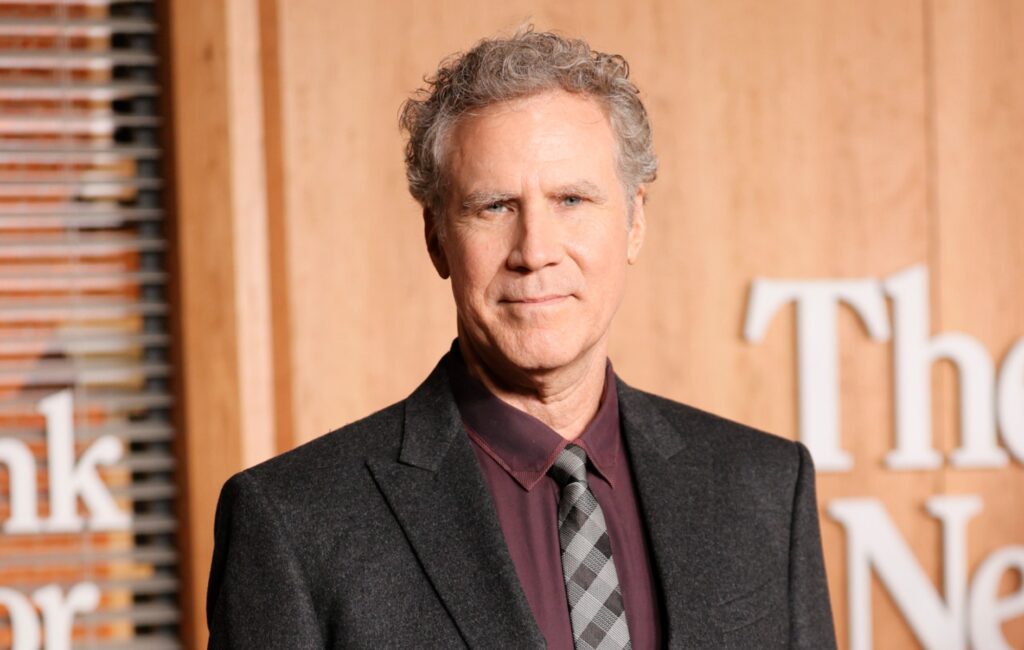Films with “authentic inclusive representation” make more money, study claims
 Posted On
Posted On
A study has found films can earn millions more at the box office if they have authentic cultural depictions which are free from stereotypes.
The report, published by UCLA’s Center for Scholars and Storytellers (CSS) and the CAA Foundation’s Full Story Initiative (FSI), researched the impact of authentic inclusive representation (measured as AIR scores) on box office success and audience reception.
The top 100 films of the last 10 years, based on domestic box office earnings for each year, were analysed for a total of 1000 films.
An AIR score was based on three components: how well the film performed based on the original definition of authentic and inclusive representation, the extent to which a film’s story or characters avoided relying on “problematic or harmful stereotypes”, and the extent to which the film’s representation of characters or a culture increased the complexity of a general audience’s understanding of that culture or group.
According to the study, each AIR point amounted to an increase of $18.8million in revenue for films with a budget of $159million and more. Films with a higher AIR score, regardless of their budget, also rated higher with critics and audiences.
The study also found that films from 2015 to 2019 had better representation scores overall than films from the first half of the decade.
Ruben Garcia, executive and co-head of cultural business strategy at CAA, said (via Variety): “These findings are consistent with what our industry has known for years – authentic, inclusive representation drives our communities and business forward.
“We remain committed to using our place within the industry to inspire storytellers and industry partners to center inclusion across their work, and to elevating conversations around the positive impact of AIR.”
You can download the full study from the Full Story Initiative website.


